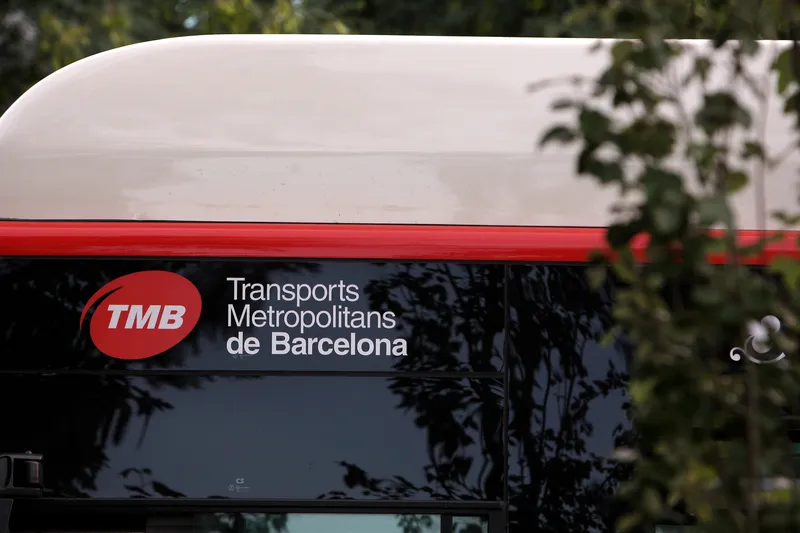Thailand's government has announced it will deploy RFID technology to identify speeding buses and vans in Bangkok starting 1 April 2012. Van and bus drivers that violate the speed limits will be fined US$325 and US$165 for repetitive and first-time breaches respectively. Transport permits can be confiscated if the driver breaches the speed-limit regulation for the second time, said Chatchart Sithipan, deputy transport minister.
RFID readers have been deployed at eight locations along the 28-km Don Muang tollway in Bangkok, with plans to expand the deployment to cover highways and motorways within a 300km radius of the capital city. The RFID readers can read tags fixed on a vehicle's windscreen and can then calculate the driving speed.








